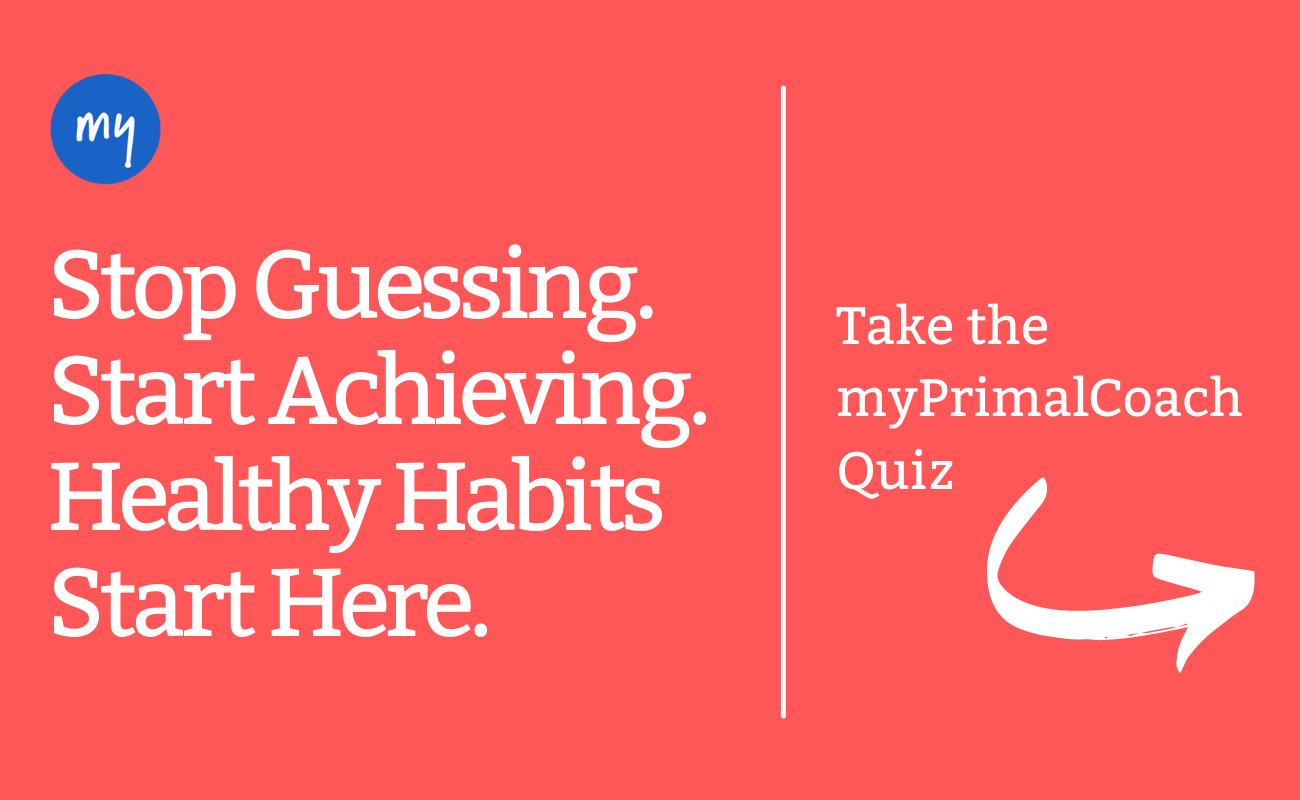If you’re wondering what on earth reverse dieting means right about now, you’re not alone. Reverse dieting is exactly that—dieting in reverse. Eating more calories to lose or maintain weight. Who wouldn’t want to eat more food without gaining weight! But does it work?

What Is Reverse Dieting?
Much like carb cycling, reverse dieting found its start in the athletic community for aesthetic reasons. For several weeks prior to competitions, many bodybuilders and performance athletes follow restrictive diets to look their leanest and bikini body ready. Such a practice is coined cutting due to the cutting of calories resulting in a large calorie deficit to reach a goal weight or body composition for competition. However, that way of eating is not sustainable post-competition. Going back to normal caloric levels straightaway often leads to fast weight gain and can result in yo-yo dieting.
To safely return to pre-comp body weight and composition, many bodybuilders adopt a reverse dieting strategy. This involves adding 50-100 calories per week over the course of 4-10 weeks, instead of resuming a pre-diet way of eating off the bat. This disciplined approach supposedly allows for your metabolism to adjust to the extra caloric input.
Like with any typical calories in/calories out way of eating, you slowly change your caloric consumption in a controlled manner. The goal is to get back to a normal calorie intake without putting on a bunch of fat in a short period of time. It’s a strategic approach to get you back to homeostasis, or your ideal body composition.
Reverse dieting is no longer pigeon-holed to the bodybuilder world. “Everyday” dieters are turning to reverse dieting to stop weight loss plateaus and binge eating.
Does It Work?
Proponents of reverse dieting claim that it can help increase metabolism and keep hunger hormones balanced, thus avoiding weight gain. In other words, it’s a means to diet without gaining all the weight back as soon as you fall off the wagon.
Research shows that metabolic adaption can occur after prolonged periods of cutting calories. Restricting calories and dramatic weight loss disrupts your body’s basal metabolic rate. To conserve energy, your metabolism slows and thus weight loss can stall — an unwelcome side effect of cutting and extreme dieting. Reverse dieting is believed to be an effective method to alleviate this.
Whilst this sounds plausible in theory, there’s no peer-reviewed scientific evidence to prove that reverse dieting works. All current evidence is anecdotal.
If you’re considering reverse dieting as a way to add more calories into your diet, check out our pros and cons lists to help you out:
Pros of Reverse Dieting
- You get to eat more. Restrictive dieting is tough. Reverse dieting is somewhat of an anti-diet that allows you to eat more and end the drastic cutting measures, not to mention the emotional and mental side effects of extreme calorie cutting. Theoretically, it may mitigate binging and yo-yo dieting after extreme weight loss.
- You can avoid quick weight gain. Easing into increasing your caloric intake may aid your metabolism without weight gain. Supposedly, reverse dieting boosts your basal metabolic rate so you burn more calories throughout the day and avoid gaining weight.
- You’ll have more energy. If you’ve been following a restrictive diet and cutting calories, consuming more food will probably give you a boost and more consistent levels of energy.
Cons of Reverse Dieting
- It’s time consuming. Counting and calculating all of your calorie intake requires lots of planning and meticulous tracking.
- It is difficult to implement. Adding only 50-100 calories per week is a small amount and pretty hard to measure precisely. Just a few bites could put you over such a minor allotted increase.
- Limited studies exist. There is next to no research on the subject and reverse dieting is not scientifically backed. There is no evidence that it works and any claims are anecdotal.
Does Reverse Dieting Align With Primal Living?
Reverse dieting does not align with a healthy primal lifestyle. Primal eating supports the consumption of nutritious and delicious real food. It does not support restrictive eating or low caloric dieting to lose weight. However, if you are considering reverse dieting, it’s best to consult with your general practitioner or a registered dietitian first.
Summary
The premise of reverse dieting may be beneficial for those that have been on very low calorie diets and wish to maintain their weight loss while resuming more normal eating habits and nutritional intake. While reverse dieting may be touted as a safe and strategic way to get back to a sustainable caloric intake after such extreme dieting, nothing has been proven. Maybe not restricting so much in the first place is the better option! Long-term lifestyle and behavior changes are a much more sustainable approach to healthy eating and living. Interested in learning more about how to make sustainable health changes? Get started with your own myPrimalCoach now.

